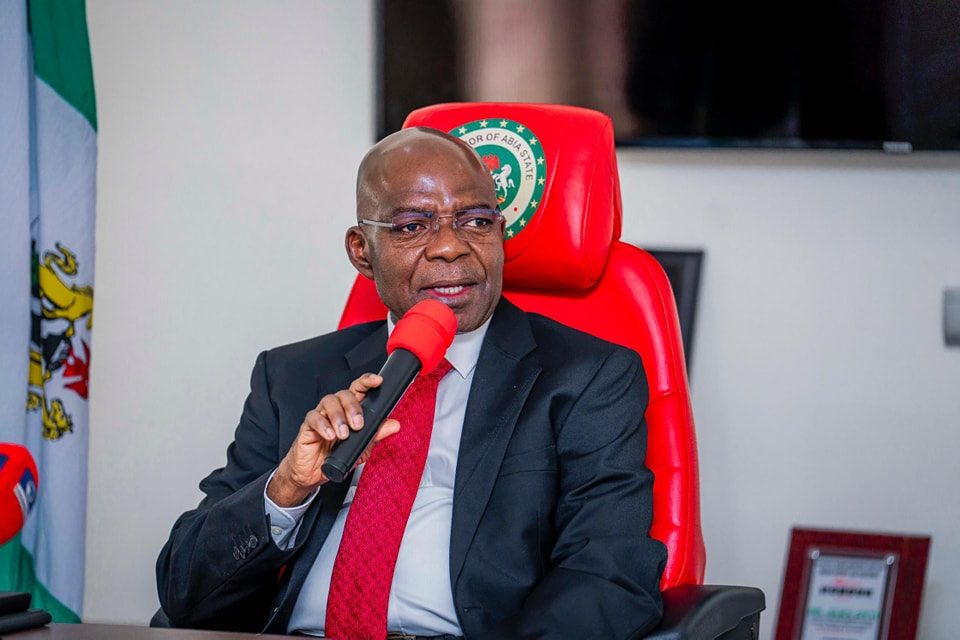•TotalEnergies to boost output, reduce $7.5bn in spending
Emmanuel Addeh in Abuja
ExxonMobil yesterday announced that it will lay off 2,000 workers globally as part of a long-term restructuring plan, adding to a wave of job cuts in the oil and gas industry this year.
The layoffs represent about 3 per cent to 4 per cent of the company’s global workforce and are part of an ongoing efficiency drive, the US energy major told Reuters in an emailed statement.
ExxonMobil has been streamlining its operations after closing its $60 billion purchase of Pioneer Natural Resources in 2024. In November last year, the company revealed in a filing that it would cut nearly 400 jobs in Texas.
“We’ve seen the value of bringing people together in the same location… we are aligning our global footprint with our operating model and bringing our teams together,” the company said in a statement.
On Monday, Canadian shale producer Imperial Oil, in which Exxon is a major shareholder, announced plans to cut 20 per cent of its workforce and shutter business in Calgary.
Global energy companies have announced thousands of job cuts this year, as the sector navigates weaker crude oil prices and a rapid consolidation.
Chevron plans to lay off 15 per cent to 20 per cent of its global workforce, while BP has said it would cut more than 5 per cent of its jobs and ConocoPhillips has announced it would cut 20 per cent to 25 per cent of its jobs.
US oil and gas production jobs fell by 4,700 in the first six months of this year, Texas labour market statistics showed.
It’s unclear the magnitude of impact it will have on its operations in Nigeria, where ExxonMobil has been present for more than six decades, operating mainly through its subsidiary, Mobil Producing Nigeria Unlimited.
The company is one of the largest oil and gas producers in the country and plays a central role in Nigeria’s upstream petroleum industry. Its operations are concentrated offshore in the Niger Delta region, where it manages a series of joint venture and production sharing arrangements with the Nigerian National Petroleum Company Limited (NNPC).
Benchmark Brent crude futures are down about 10.5 per cent year-to-date, impacted by increased Organisation of Petroleum Exporting Countries (OPEC+) output and persistent demand uncertainty tied to the US trade policy. Exxon employed 61,000 people globally at the end of 2024, according to a regulatory filing.
Meanwhile, French group TotalEnergies on Monday announced plans to increase oil, gas and electricity production while cutting spending by $7.5 billion between 2026-2030.
TotalEnergies said at an Investor Day in New York that it would boost oil and gas production by 3 per cent over that period. At the same time, it pledged to cut greenhouse gas emissions from its gas and oil operations by half compared to 2015 and cut methane emissions by 80 percent from 2020 levels.
Under fire for continued fossil fuel investments, the company argues oil and gas remain essential to meet global demand and fund renewable technology.
The oil and gas giant, which has expanded into renewables like wind and solar, plans to focus on high-margin exploration and production projects while staying selective on low-carbon investments. Low-carbon spending will average $4 billion a year, mostly for its Integrated Power unit.
Electricity output is set to grow 20 per cent annually, reaching up to 120 terawatt-hours by 2030, 70 per cent from renewables and 30 per cent from “flexible” gas — gas plants that can be ramped up to complement intermittent renewable sources.
TotalEnergies said this diversification will boost resilience and shareholder returns, reaffirming plans to return over 40 per cent of cash flow to investors, an FT report said.
As part of its cost-cutting plan, the company will trim annual capital expenditures to $16 billion in 2026 and $15–17 billion between 2027 and 2030 — about $1 billion less than previous guidance. Jobs will not be affected, it said.




